‘Permanent Revolution. Ukrainian Art Today’ at Ludwig Museum Budapest
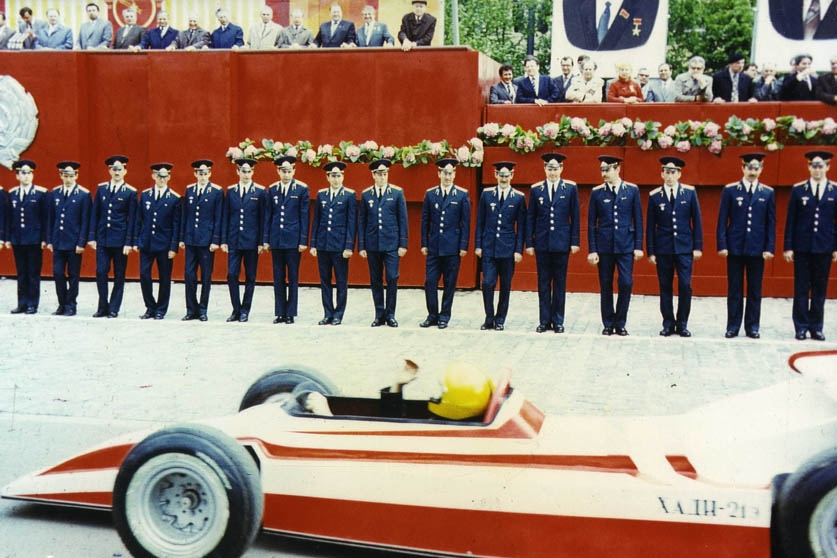
Permanent Revolution is an exhibition of Ukrainian contemporary art featuring the works of several generations. It is the first large-scale presentation of contemporary Ukrainian art in Hungary and a rare occasion to explore an extremely vibrant art scene of the country which to a great degree still remains a blind spot on the cultural map of Europe.
The recent thirty years have become a landmark in the history of Ukraine. The country gained independence and survived a comprehensive transformation of its political and economic systems, eventually developing oligarchic capitalism with an unprecedented scale of corruption. There have been three waves of protests that can be called revolutions, a war in the eastern part of the country, the annexation of Crimea, and a belated and neurotic decommunization. The ongoing social turbulence has become somewhat of a habit; the world outlook of several generations has been shaped by life in the time of radical change.
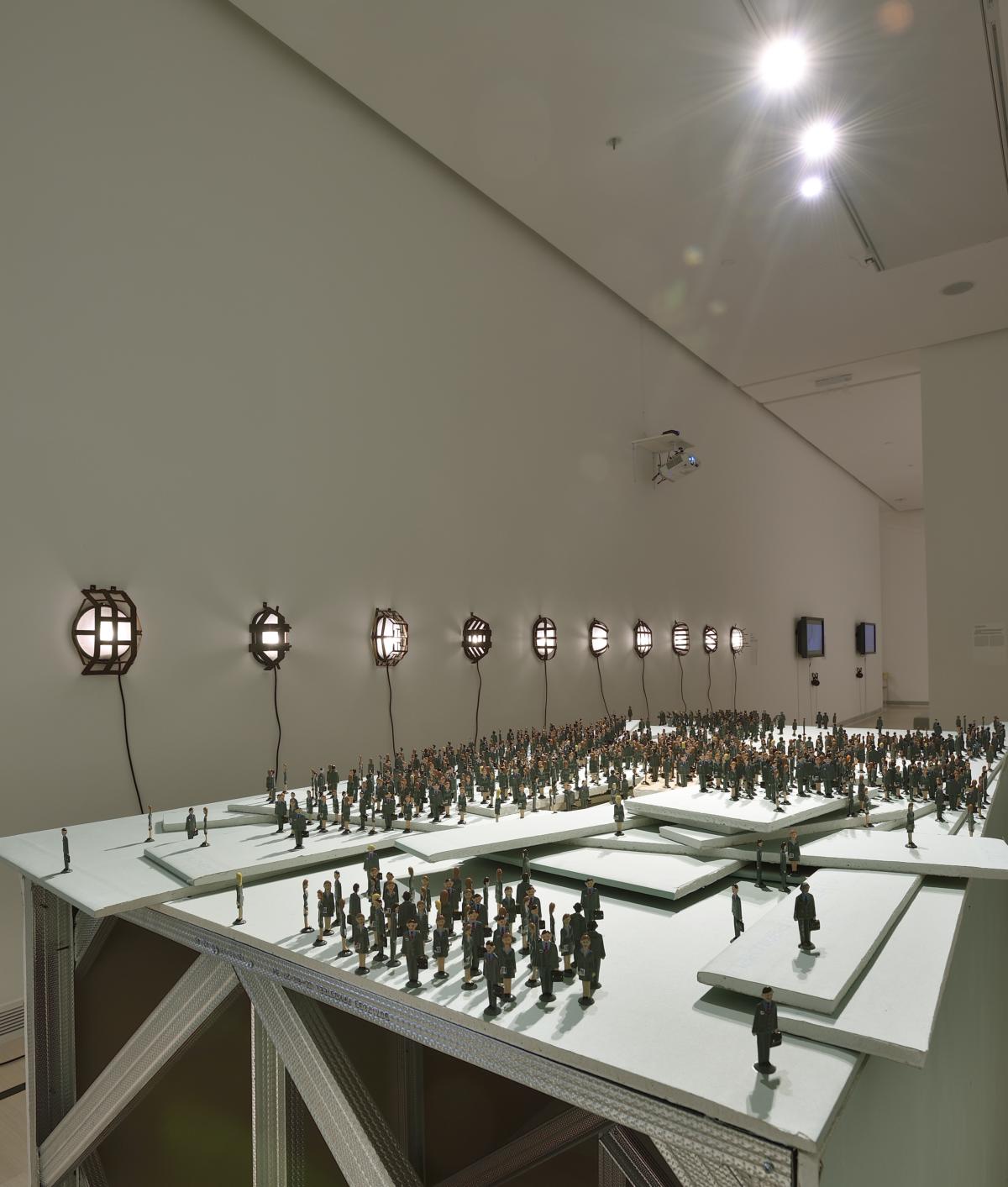
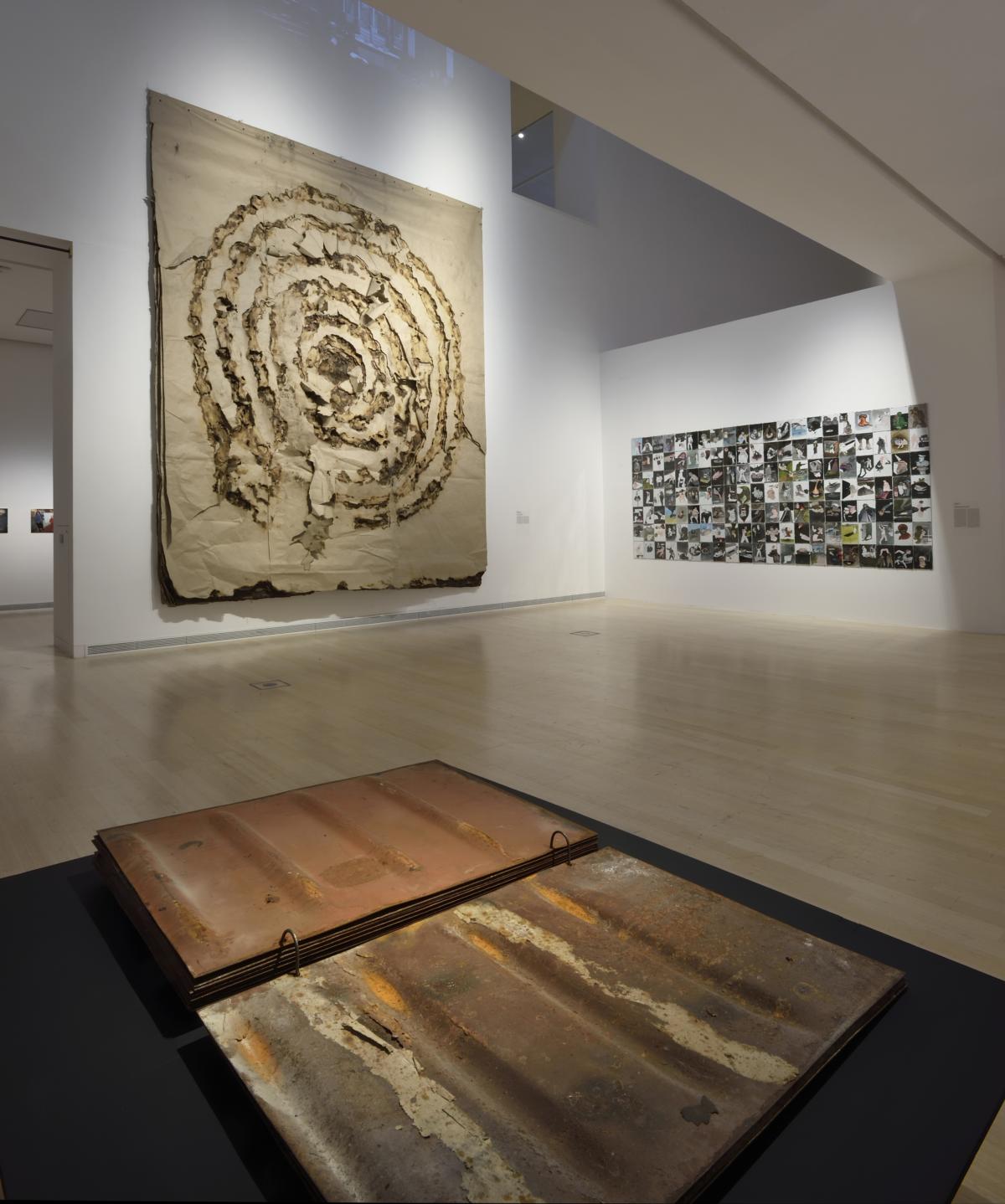

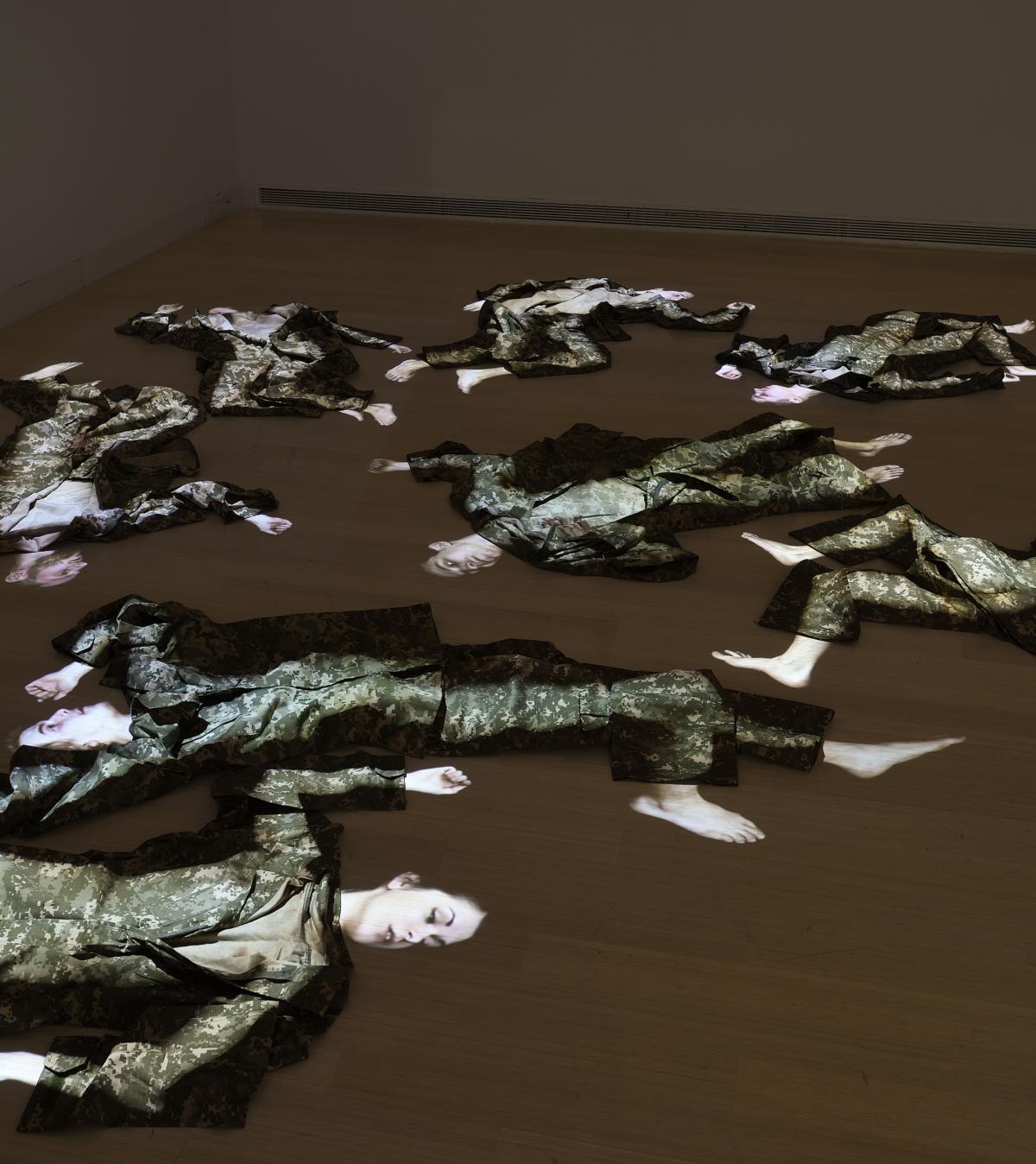

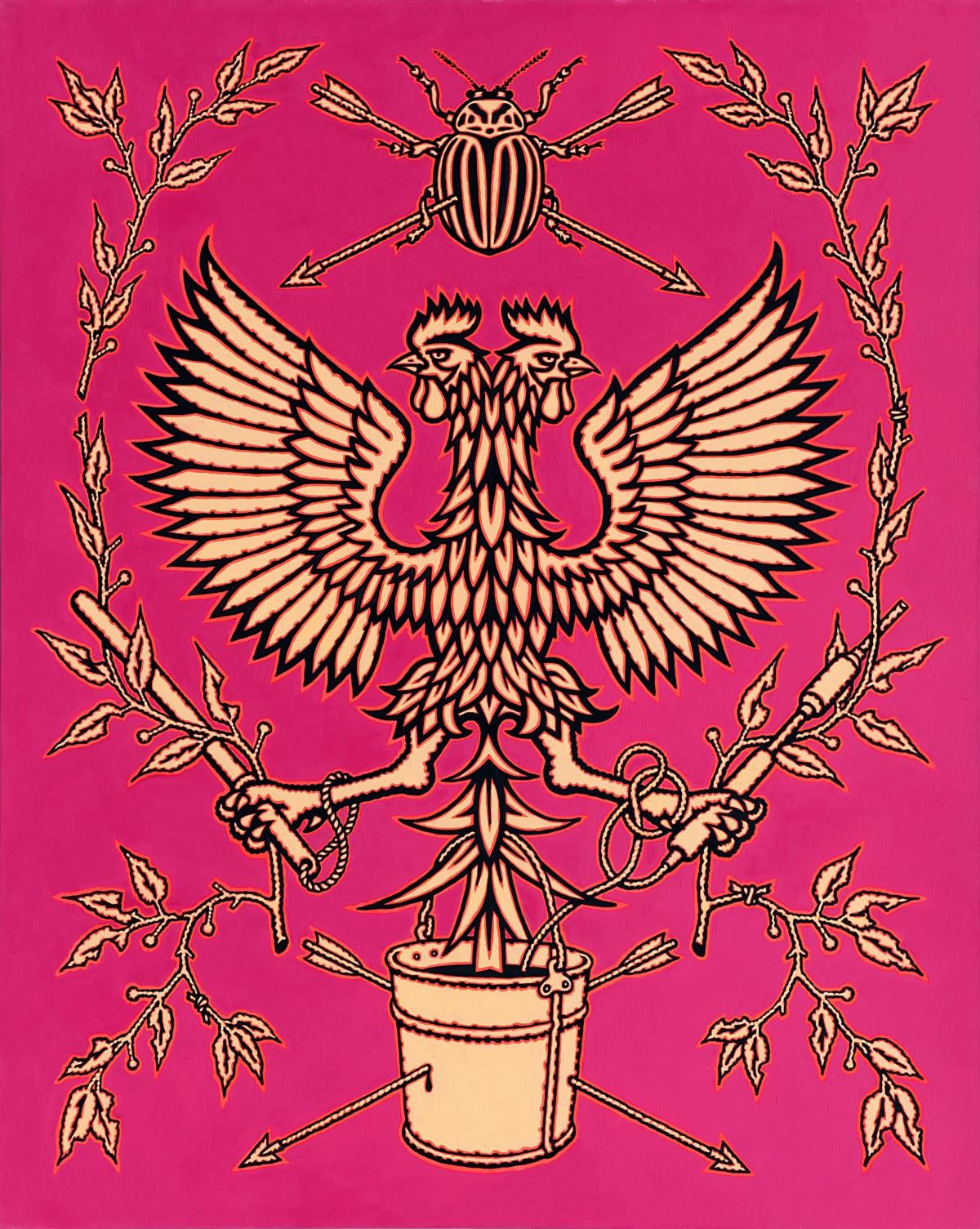
The period from the late 1980s to the mid-2010s has seen a painful seeking for and the evolvement of the Ukrainian identity as well as a complicated breakaway from the Soviet model of culture as a product of ideology. For three decades, Ukraine has been riding a rollercoaster of social unrest, which brought a unique energy and vitality into its art.
The change in Ukraine coincided with radical shifts in the world: accelerating globalization, evolvement of internet, and a total expansion of gadgets. All these processes combined can also be called a revolution, the fourth one, and the Ukrainian contemporary art has been interacting with all four of them.
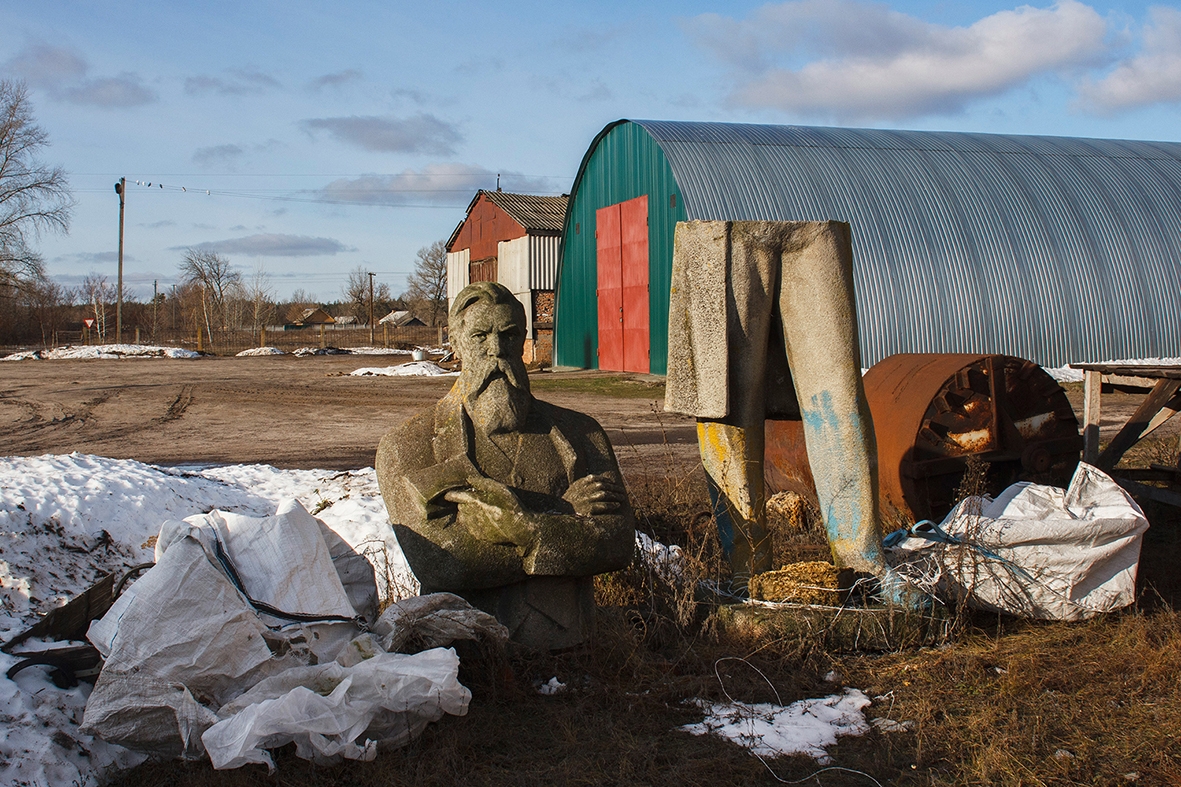
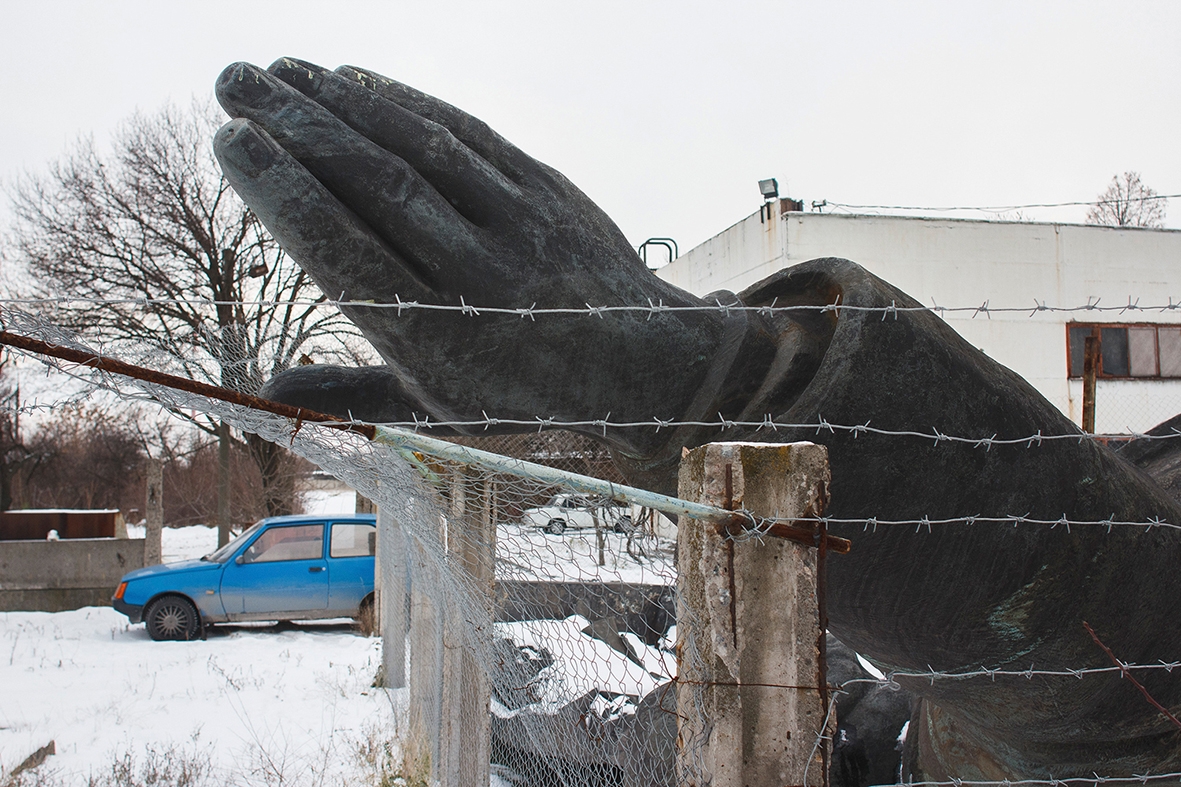
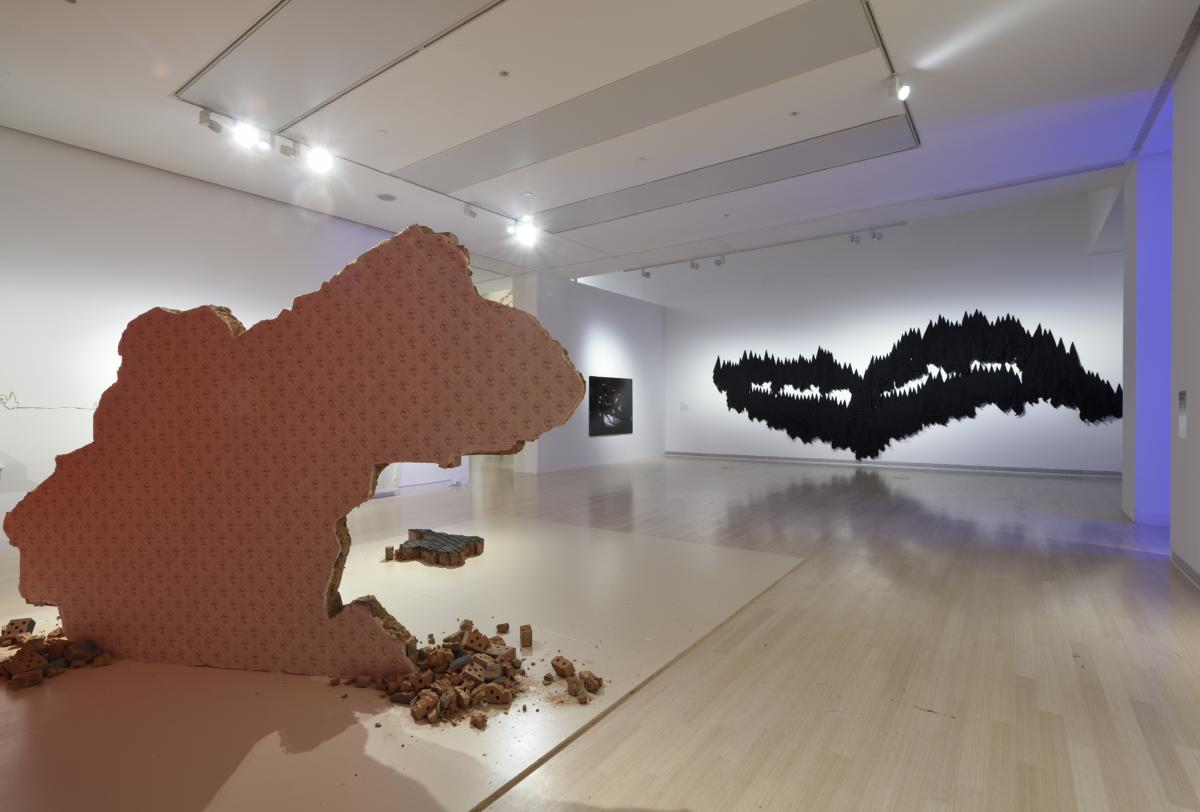
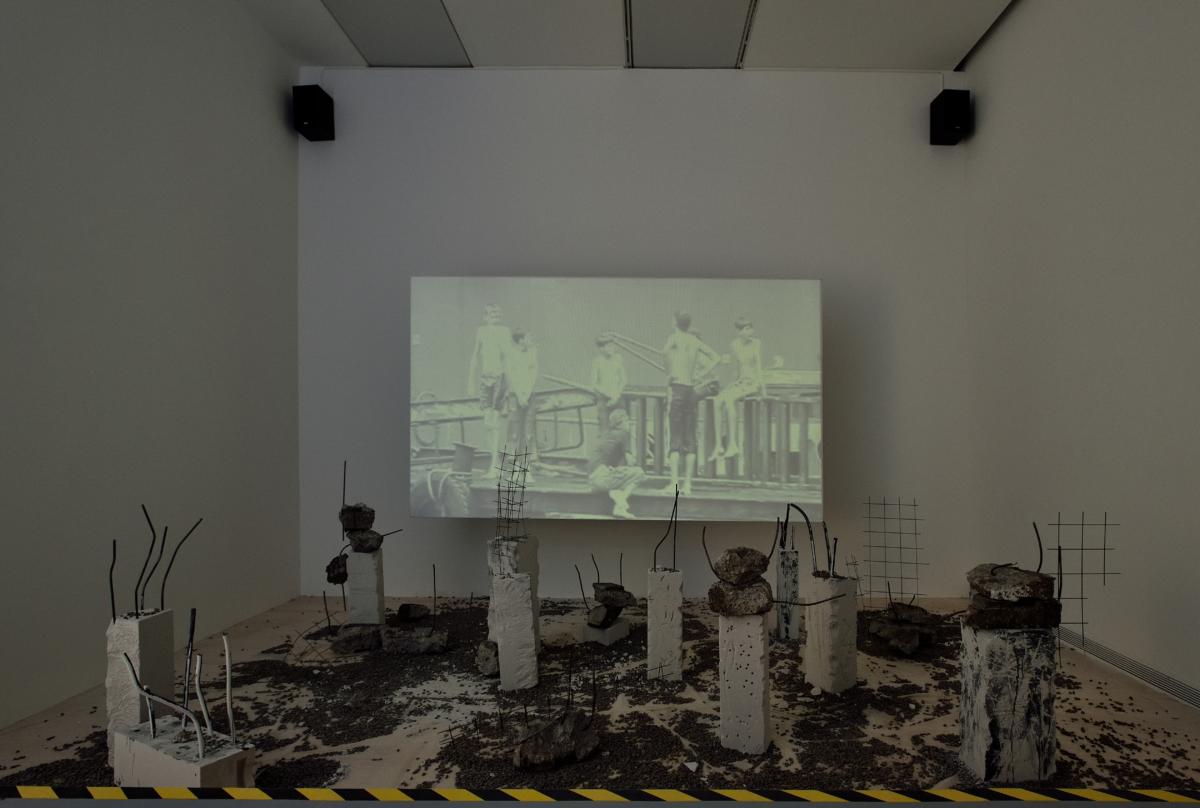


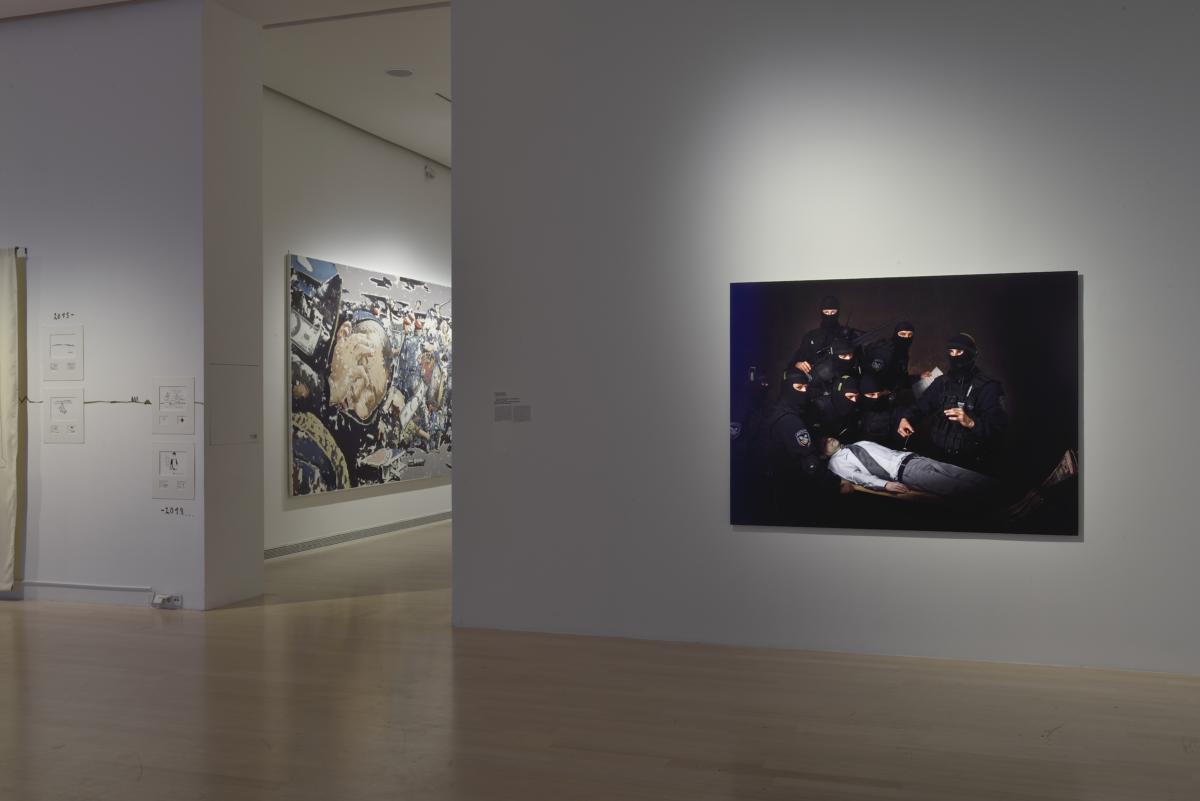
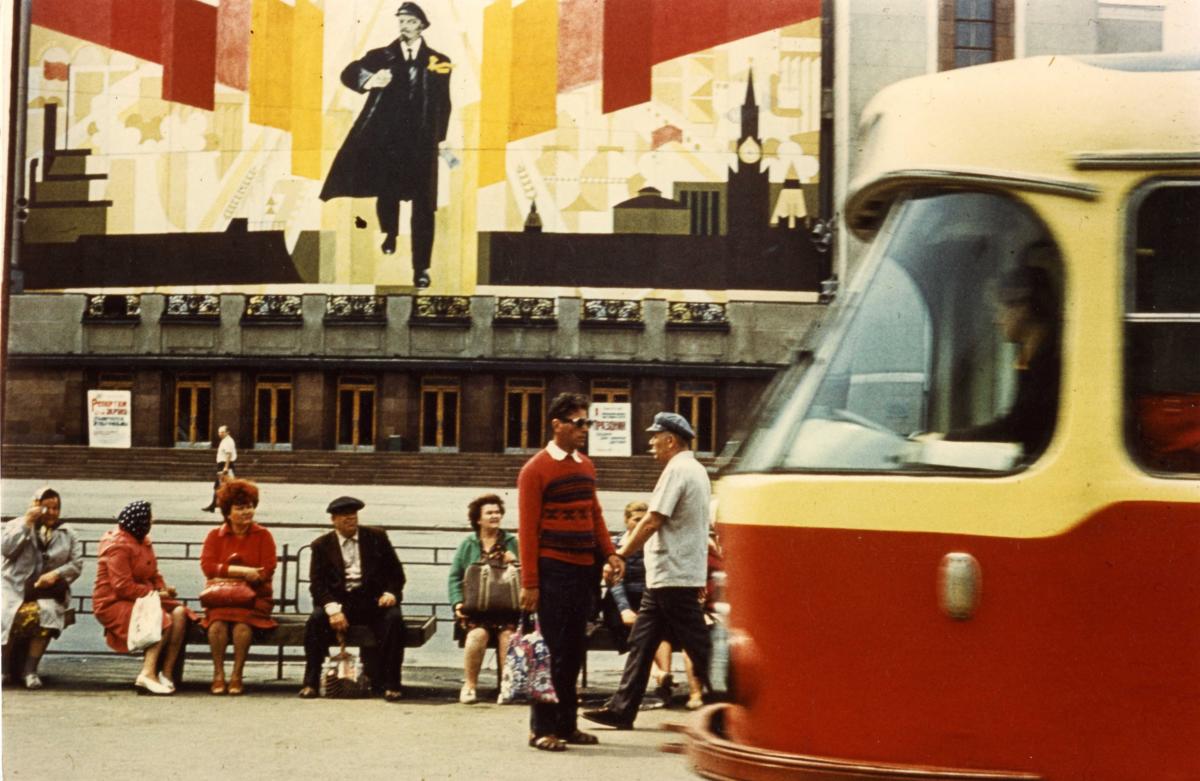
Starting in the 1980s, we can speak of the formation of a new art in Ukraine, which broke radically with the practices of socialist realism and developed in sync with the international cultural process. The generation of the late 1980s and early 1990s is probably the brightest phenomenon in Ukrainian art since the times of the avant-garde in the early twentieth century, squashed by the Stalinist repressions of the 1930s. The transitory post-Soviet identity of the 1990s and early 2000s was gradually replaced by a rethinking of the political in art, raising the degree of comprehension of the social fabric and interest in activist practices. This coincided with a technological and network leap, forming a new generation of artists oriented on completely new meanings, audiences, and goals. What makes the Permanent Revolution exhibition at the Ludwig Museum in Budapest particularly important is the fact that it is for the first time that all three generations of currently active Ukrainian contemporary artists are on display in a European museum.
The change of periods in the Ukrainian art coincides with the peaks of political activity in the country. A gigantic release of energy during the revolutions heavily affected art, bringing about noticeable changes in the art situation inside Ukraine. Permanent Revolution focuses on the question what is contemporary art today in a coordinate system where people build barricades on the country’s main square with startling regularity, with beauty and elemental conceptualism that the world’s best artists could envy.
Imprint
| Artist | APL315, Piotr Armianovski, Sergey Bratkov, Anatoly Belov, Alexander Chekmenev, David Chichkan, Mitya Churikov, Zhanna Kadyrova, Gleb Katchuk and Olga Kashimbekova, Alevtina Kakhidze, Borys Kashapov, Alina Kleytman, Taras Kovach, Daria Koltsova, Maria Kulikovska, Yuri Leiderman and Igor Chatskin, Mykola Matsenko, Boris Mikhailov, Roman Minin, Roman Mikhaylov, Natsprom (Oleg Tistol and Mykola Matsenko), Yevgen Nikiforov, Open Group, Sergiy Petlyuk, Igor Petrof, Oleksiy Radinsky, Vlada Ralko, Stepan Riabchenko, Alexander Roytburd, Oleksiy Sai, Arsen Savadov, Nikita Shalenny, Szuper Gallery (Susanne Clausen and Pavlo Kerestey), Vasyl Tsagolov, Vova Vorotniov, Stas Volyazlovsky, Artem Volokitin |
| Exhibition | Permanent Revolution. Ukrainian Art Today |
| Place / venue | Ludwig Museum, Budapest |
| Dates | April 6‒June 24, 2018 |
| Curated by | Alisa Lozhkina, Julia Fabényi, Konstantin Akinsha |
| Website | www.ludwigmuseum.hu/en |
| Index | Alevtina Kakhidze Alexander Chekmenev Alexander Roytburd Alina Kleytman Alisa Lozhkina Anatoly Belov APL315 Arsen Savadov Artem Volokitin Boris Mikhailov Borys Kashapov Daria Koltsova David Chichkan Gleb Katchuk and Olga Kashimbekova Igor Petrof Julia Fabényi Konstantin Akinsha Ludwig Museum Maria Kulikovska Mitya Churikov Mykola Matsenko Natsprom (Oleg Tistol and Mykola Matsenko) Nikita Shalenny Oleksiy Radinsky Oleksiy Sai Open Group Piotr Armianovski Roman Mikhaylov Roman Minin Sergey Bratkov Sergiy Petlyuk Stas Volyazlovsky Stepan Riabchenko Szuper Gallery (Susanne Clausen and Pavlo Kerestey) Taras Kovach Vasyl Tsagolov Vlada Ralko Vova Vorotniov Yevgen Nikiforov Yuri Leiderman and Igor Chatskin Zhanna Kadyrova |
